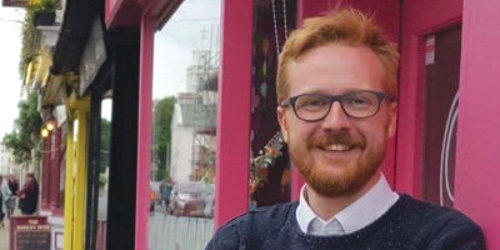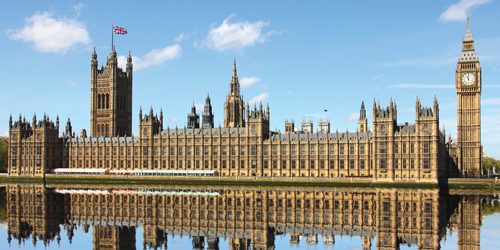
What is your business background?
I have been involved in co-operative businesses and one charity. I was the director of a small cafe and social centre in Bradford, which we operated for about 15 years (I was involved in only about five years). My main role was the finances, negotiating with suppliers and legal documents at Companies House.
The second was a Housing Co-operative which I founded with a group of people and which operated rented accommodation for people in Bradford. Again it ran for a number of years before being subsumed into a bigger housing cooperative, I was the company secretary and then the finance officer.
I was the national chair of the Woodcraft Folk which is a charity but also runs a number of hostels, campsites and a shop. In that role I looked over the governance of the organisation, I led of our business development plan for growth (of which we had a turn over of a few million) and I led us to becoming a limited company to manage some of our more commercial assists better.
In all of these I remember the importance of people skills. One can get caught up in the figures or the plans, but at the end of the day if it was negotiating rent levels with the landlord of the cafe or getting tenants to pay rent on time, personal relationships were often the success or failure or a venture.
How would you describe the business landscape in your constituency?
Brighton is varied, American Express, the Albion and public transport are large single employers but as a whole we have a large number of self-employed people and small businesses, especially in the creative arts. Equally in the East Sussex part of the constituency, there are large numbers of self-employed tradespeople as well as people servicing the public sector, meaning that a decent health service and support for housing is vital, to give people the confidence to succeed.
What are the main issues facing businesses in your constituency?
Businesses need support to take risks and a reduction in the burden of paper work. Large amounts of small businesses in Brighton are in hospitality and creative sectors meaning that Brexit is a huge risk for the future of our economy. Of course we can make it work but that must be by building bridges not walls with Europe.
It is important to provide a safety net in terms of health, housing and education. The continuing developments in vocational training at Greater Brighton Met College and Sussex Downs college are welcome but without continued funding from government that will dry up and business will be left with burden of paying the training themselves without support.
How can our local politicians help our businesses thrive?
I was proud Labour agreed to reduce paperwork for SMEs by returning to annual tax reporting. Equally we can ensure education is giving young people the skills that are useful in business. Finally on a local level I'm happy to champion local business, with visits and, if needs be, questions to ministers about our local economy.
Aside from business what are the other key local issues?
Education, health and housing. Housing is so expensive and this puts a strain on recruitment in the area. It’s something that we need urgent action on today! I would like to push for better housing building, protection for our schools and ensure that the education is actually balanced. I would like to promote co-operative businesses and allow them to thrive better in the UK.






